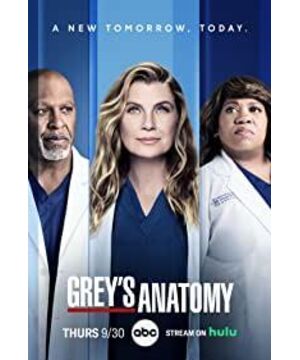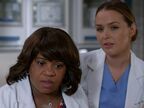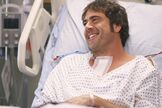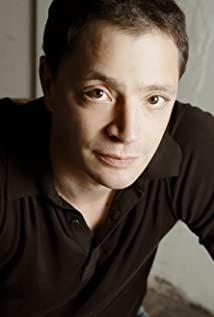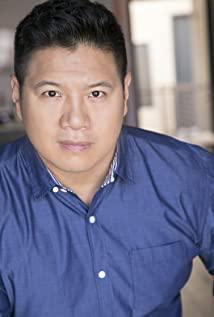In an accident, many people were burned and sent to the hospital. The doctors who had been worried for a long time without a chance to perform finally got busy. One of the female patients did not seem to be seriously injured, and the series of treatments were normal. But in the end he died. The hospital had to find out which link went wrong and find the perpetrator, so doctors from both hospitals sat on both sides of the aisle and were questioned by the investigation team one by one. The plot starts here. The doctor recalled the scenes one by one. This is a flashback technique. The director skillfully connects everyone's narratives in series. This kind of interlocking narrative is not new. It is common in movies, but for a continuous TV series. It is not common to say that the S06E06 has a cinematic image style. What's more, everyone seems to be at fault when they first narrate, but in the end they are not responsible, and the cause of death looks like it is about to be found, but it comes to an abrupt end. This makes the plot full of tension, and the audience's heart is held tightly until the end. This is precisely the charm of multi-line narrative, the audience is brought into the story to the maximum extent, and obtains a great sense of participation and satisfaction, thus having the motivation to continue watching and pursuing.
Just like the ending of many detective stories, the "culprit" is the most unexpected person, and the root of everything is just a small negligence, which has nothing to do with medical skills or morals. The doctors were so busy at the time, trying their best to save the wounded but unexpectedly "murdered" a life. The unfortunate newcomer got fired and it looks like the story should be over. However, Derek's questioning added further waves to the twisted story: the patient died due to the negligence of the doctors in the hustle and bustle, who should be responsible for the hustle and bustle of the doctors? The director was speechless. Yes, it really has to be investigated, isn't he also responsible? The merger and dismissal made the doctors of the two hospitals panic and confront each other. The director was in the middle, and he was devastated, but he indulged in his own grief intentionally or not, unaware of the huge danger contained in it, and finally became unfortunate. We often think it's just other people who are wrong, but forget that we're actually no different from them, or worse.
Tragedy is often a catalyst, though. After initial whistleblowing, exasperation, and self-gratification, doctors finally realized that they too were responsible. It looks like the doctors at the two hospitals will get better after the accident. This is a foreshadowing of the director. In the narration of stripping cocoons, there are also grass snakes and gray lines hidden behind the scenes, which are meticulous and intriguing, which is probably one of the successes of GA's drama.
View more about Grey's Anatomy reviews


